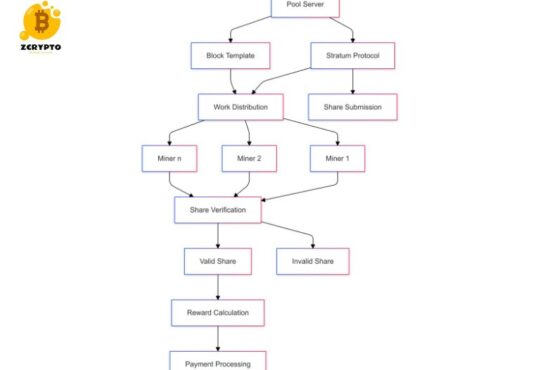
Maximize Your Investments: The Ultimate Guide to Property Appraisal for Financial Success
Understanding Property Appraisals
Definition and Purpose
A property appraisal is an independent opinion of the value of a real estate asset. The primary purpose of an appraisal is to determine the market value of a property, which is essential for various stakeholders including buyers, sellers, lenders, and investors. This process involves a thorough analysis of the property’s characteristics and market conditions to arrive at an accurate valuation.
Key Valuation Methods
There are three primary methods used in property appraisals:
Sales Comparison Approach
The Sales Comparison Approach involves comparing the subject property to recently sold similar properties in the same area. This method is based on the principle of substitution, where buyers would choose to purchase a similar property rather than pay more for the subject property. By analyzing sales data from comparable properties (comps), appraisers can determine a fair market value for the subject property.
Income Capitalization Approach
The Income Capitalization Approach is particularly relevant for income-generating properties such as rental apartments or commercial buildings. This method focuses on potential rental income, gross rental income, operating expenses, net operating income (NOI), and the capitalization rate (cap rate). The cap rate reflects the rate of return an investor can expect from a property based on its NOI.
Cost Approach
The Cost Approach evaluates the property’s value by considering the cost of replacing it with a similar one. This includes land value plus the cost of construction or acquisition of improvements minus depreciation and any necessary adjustments for functional or economic obsolescence.
Factors Influencing Appraisal Values
Location and Market Trends
Location is one of the most significant factors influencing appraisal values. Proximity to amenities such as schools, public transportation, shopping centers, and recreational facilities can significantly impact a property’s value. Local market trends also play a crucial role; areas with high demand and limited supply tend to have higher property values.
Property Characteristics
The size, condition, age, and upgrades of a property all contribute to its appraisal value. For instance, a well-maintained property with recent upgrades will generally appraise higher than a similar but older or neglected property.
Economic and Environmental Factors
Market demand and recent sales of similar properties in the area are key economic factors that influence appraisal values. Unique features such as scenic views or environmental concerns can also affect the final valuation. For example, properties located near industrial sites or areas prone to natural disasters may have lower appraisal values due to these environmental factors.
Preparing for a Property Appraisal
Essential Documents
To ensure an accurate appraisal, it is essential to gather all necessary documents beforehand. These include property records, recent renovation details, maintenance histories, property tax bills, and lease agreements if applicable.
Enhancements and Improvements
Enhancements like landscaping and interior upgrades can positively impact the appraisal value. Ensuring that all improvements are documented and visible during the appraisal process can help maximize the property’s value.
The Role of Appraisals in Financing and Investment Strategies
Financing Options
Lenders rely heavily on appraised values when evaluating collateral for mortgage financing. A higher appraisal value can lead to more favorable financing terms because it indicates lower risk for the lender. Understanding how lenders use appraisals can help investors secure better loan conditions.
Investment Strategies
Appraisals are vital for investors looking to gauge the potential for property value appreciation. By analyzing appraisal reports, investors can make informed decisions about buying, selling, or holding onto a property. For instance, if an appraisal indicates that a property is undervalued compared to market trends, it might be an excellent time to invest.
Practical Tips and Real-Life Examples
Working with Appraisers
Selecting the right appraiser is crucial for getting an accurate valuation. It’s important to understand terms like “as-is” and “after-repair” appraisals which can significantly impact your investment strategy. An “as-is” appraisal values the property in its current condition while an “after-repair” appraisal considers potential improvements.
Avoiding Investment Disasters
Proper appraisals can prevent investment disasters by providing a realistic view of a property’s value. For example, if an investor purchases a property without conducting a thorough appraisal and later discovers significant hidden costs or structural issues, it could lead to substantial financial losses.



